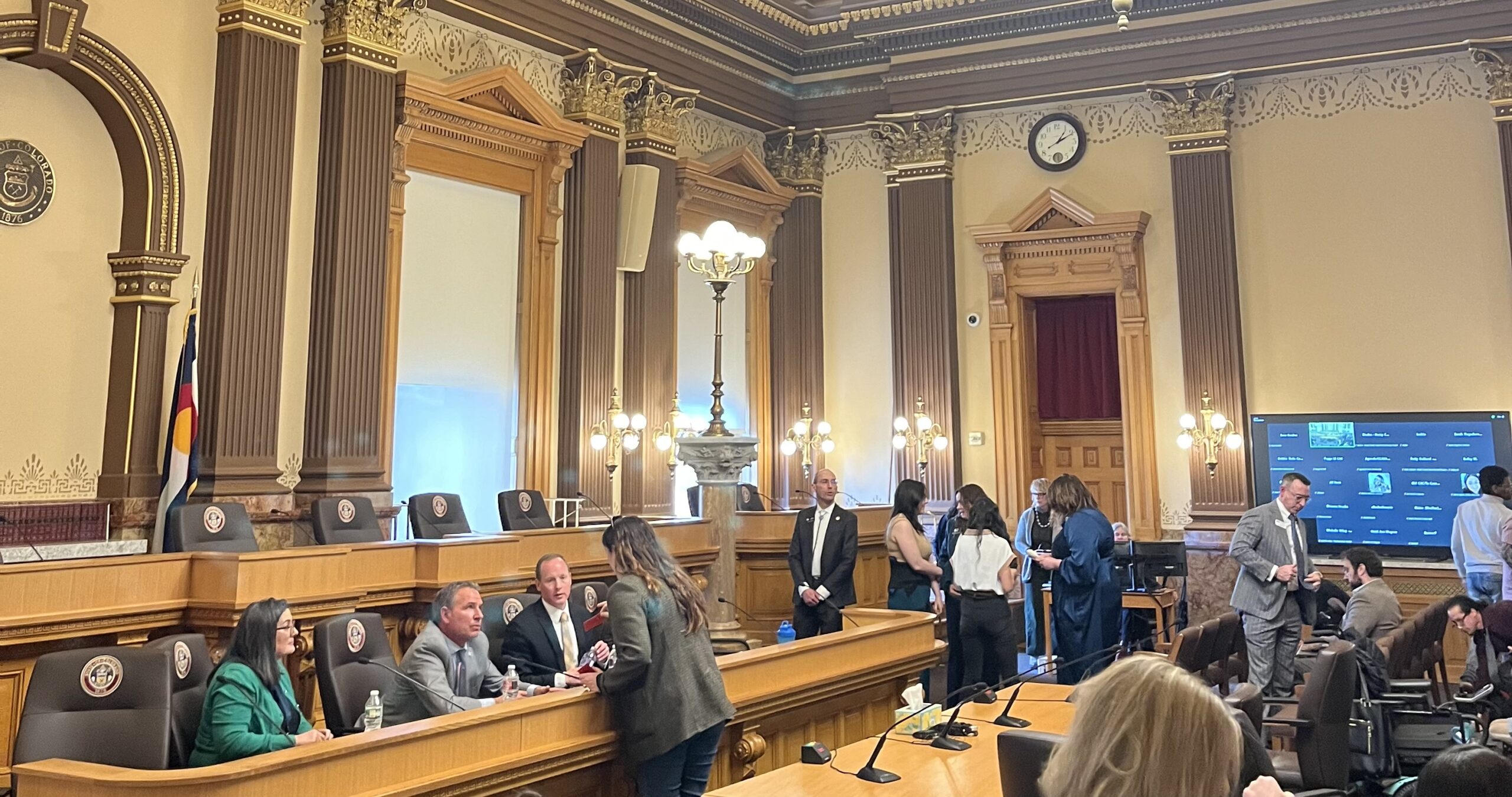I met with Director Michael Hoffman last week to talk about his upcoming movie, “The Emperor’s Club.”
After seeing the movie, I was not so sure that it would be put on my top-ten list, but I kept an open mind when preparing for this interview- I thought maybe the director could give me a little more insight into the making of the film, hence my developing more of an appreciation for it. In the course of my experience, I did develop insight revolving around the production of “The Emperor’s Club,” but unfortunately it was not quite so positive.
I arrived at the Brown Palace in downtown Denver and met the other interviewers who would be present for this roundtable discussion; two middle aged male journalists. They appeared friendly at first, although I did sense a little skepticism in their eyes as they examined yours truly: a 23-year-old female D.U. student. I kept reassuring myself that this would be easy- just ask Michael Hoffman some intelligent questions. But, as I was led into the room where we were to conduct the interview, I realized this was not going to be so easy.
Before we were even all seated, one of my fellow reviewers shot out a question and the race began- it seemed as if both men had one goal in mind; to keep the conversation centered around themselves and their own questions. Amidst my many unsuccessful attempts to interject a question or two, I began to realize something. I was seeing “The Emperor’s Club” in action. This was it- this is what the story was really all about: men.
It all suddenly made sense to me. I quickly recalled the cast of the film and vaguely remembered one female character, and she didn’t play a major role. The entire story was male dominated, just like this interview. The plot completely revolved around men and how their egos and the egos of their fathers govern their lives. Feeling absolute astonishment at the revelation before me, I sat back and enjoyed watching these men talk and talk about themselves, while they simply ignored the young woman sitting across the table.
Of course, I was sent to do an interview and here are some of the highlights from a few of my questions that were answered.
Q. Could you talk about your relationship and working with Kevin Klein?
A. I love Kevin and I’ve worked with him on many occasions. I am shocked by his versatility as an actor. When I did “Soap Dish” I wanted to cast the best comedian at the time, and I cast Kevin. For “A Midsummer’s Night Dream,” I wanted the man who could best interpret Shakespeare; again I chose Kevin. He has such a range. He is almost like a Cheshire Cat; just sits back and watches, you always wonder what he is up to.
Q. “The Emperor’s Club” is set in an upscale private boys’ school. Did you grow up with this type of education?
A. That’s so funny. Why does everyone always ask this? No, I was put through public schools in Idaho.
Q. Did you ever think that this movie had already been done before? Did we really need another film about a teacher and student relationship?
A. Yes, at first I thought that too. I mean, this was already done in films like “Dead Poet’s Society” and “Mr. Holland’s Opus.” But, this film is different, it sends a unique message. At the point in the movie when Mr. Hundart changes Sedgwick’s grade, the entire genre is turned over and put on its head. Everyone, teacher and students, don’t stand up happy in the end.
Q. Could you talk about how you prepared with the actors for the filming of this movie?
A. Actually I put Kevin in the classroom with the boys and had him teaching them Shakespeare for two hours. You can image all these boys so bored. Then I would send Sedgwick in and have him try to win them over.
Q. You directed “A Midsummer’s Night Dream” as well. What was it like having your name up on the screen next to William Shakespeare’s?
A. It was tremendous. I mean, wrote the script for “A Midsummer’s Night Dream,” but in no way do I try to pretend that I wrote the story itself. I really wanted to do “Shakespeare in Love,” but unfortunately didn’t get it.
Q. Were you happy with the outcome of “A Midsummer’s Night Dream”?
A. Yes, I was overall happy with the adaptation, but no so much overall happy with the movie itself. It was not eventful, in that I mean it was organized more thematically. It’s funny, it was filmed in the biggest soundstage in Europe, but it felt more like it was shot in a tiny box. I hope that this movie may have opened many people’s eyes as their first exposure to Shakespeare.











